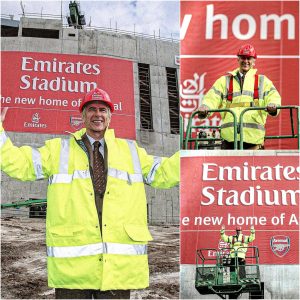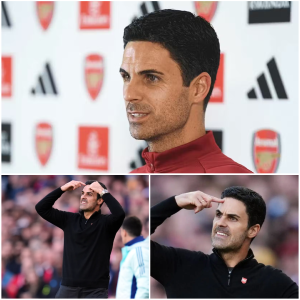Thiago Alcántara’s Transition into Coaching: A Closer Look at His Role with FC Barcelona
Stepping from the Pitch to the Sideline
Former Liverpool midfielder Thiago Alcántara, also formerly of FC Barcelona, has recently ended his illustrious playing career at the tender age of 33. The announcement, confirmed on FC Barcelona’s Official Website, informs fans that Thiago will now transition into a coaching role. As he embarks on this new journey, he will join Hansi Flick’s staff this summer, aiming to hone his skills as a football coach.
Thiago’s decision to train under the guidance of Flick, with whom he shares a significant past at Bayern Munich, is a strategic move. During their time together at Bayern, they achieved remarkable success, including a treble-winning season. This prior relationship will undoubtedly provide a strong foundation for Thiago as he learns the ropes of coaching at a high level.
Insight into the Coaching Transition
Thiago’s role within the coaching staff is particularly intriguing as it offers a glimpse into the pathways retired players take towards management. The choice to stay involved with the men’s football first team throughout the summer, including the US tour, signifies a full immersion into his new role.
His training will encompass various facets of football management, from tactical planning to player development. As noted, “The midfielder came through La Masia,” which not only underscores his deep roots with the club but also his intrinsic understanding of the club’s philosophy and values—traits that will serve him well as he transitions from player to coach.

Photo: IMAGO
Challenges and Expectations
Embarking on a coaching career, especially at a club as prestigious as FC Barcelona, comes with its set of challenges. For Thiago, the shift from player to coach will test his ability to transfer his on-pitch knowledge and leadership into a more strategic role. The expectations are high, as is the scrutiny in such a high-profile position, yet his history with the club and his understanding of its culture can play to his advantage.
The dynamic of returning to a familiar environment in a new capacity is both an advantage and a hurdle. It will be fascinating to see how Thiago adapts to these challenges and what unique aspects he brings to the coaching staff, given his rich experience and understanding of the game.
Long-term Implications for Barça
Thiago’s addition to the coaching staff is not just a short-term arrangement. It signals a broader trend where clubs integrate former players with substantial histories into their management structures. This strategy can foster a continuity of club ethos and deepen the tactical identity of a team. For Barcelona, having a former player like Thiago, who embodies the club’s style and spirit, could enhance the coaching team’s approach to nurturing young talents and refining their strategic plays.
In conclusion, Thiago Alcántara’s move to join the Barcelona coaching staff is a significant step both for him personally and for the club. His transition from a celebrated player to a potentially influential coach will be closely watched by fans and analysts alike. It marks a new chapter not only in his career but also in the evolution of coaching roles within football, where the experiential knowledge of former players is becoming increasingly valuable.
This move also aligns with the ongoing trends in football management, where the integration of seasoned players into coaching roles is seen as beneficial for maintaining the continuity and cultural identity of a football club. Thiago’s summer with Barcelona could very well set a precedent for how clubs leverage the untapped potential of their veteran players in managerial capacities.










